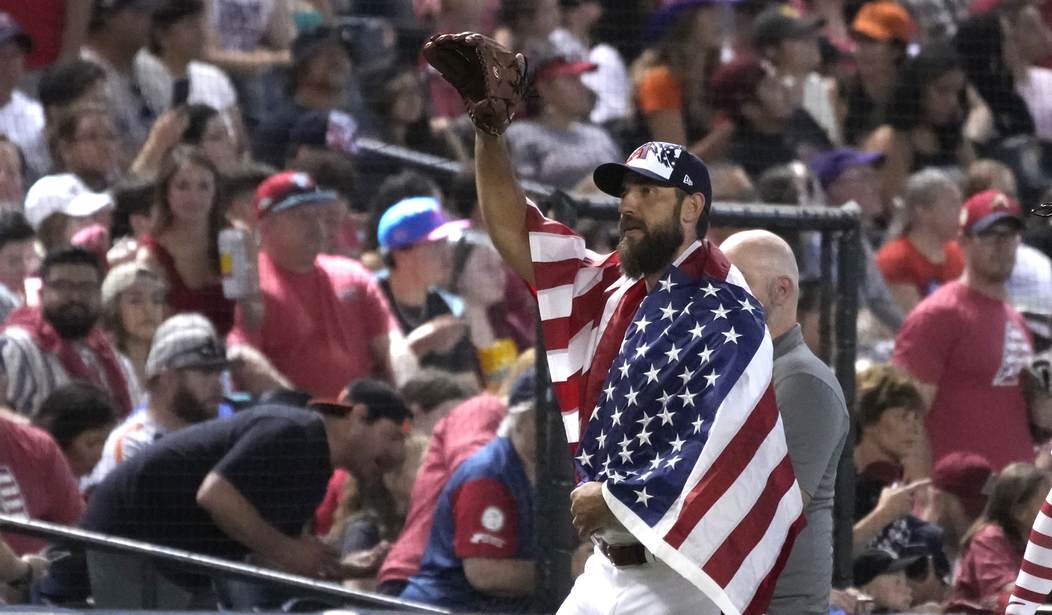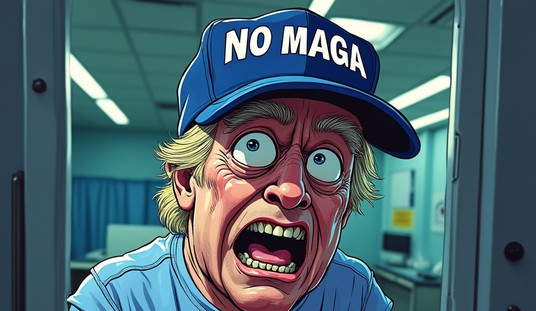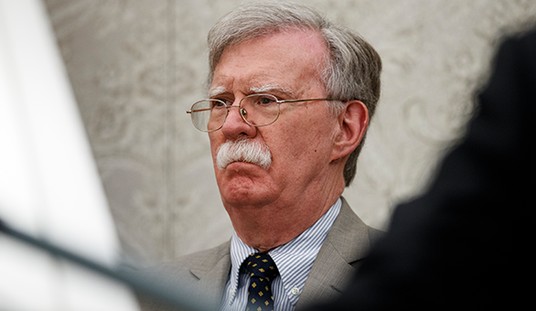We forget too easily.
We forget what was carried in silence. What was given without ceremony. What was risked by people, men and women in uniform, so the rest of us could live loud, throw barbecues, debate each other online, and pretend freedom was always guaranteed.
We forget in our comfort. In our politics. In our selective outrage.
We forget them at cookouts. At malls. In classrooms that skip the hard parts.
We forget that someone once jumped on a grenade for strangers they loved like brothers. That someone once ran into fire without knowing if they'd make it out.
But sometimes, a name breaks through.
Not because they demanded attention, but because in one exact moment, they acted. No memo. No fanfare. No time to weigh the risks. They just moved. Because something inside them -- character, conviction, training -- said move.
They didn’t do it for attention. Or legacy. Or clicks.
These are just eight names we are familiar with. Eight out of how many?
How many moments of silent heroism will never make a headline?
How many soldiers or Marines or sailors or nurses made the same choice, gave everything, and vanished from the national memory?
This column can’t name them all.
But today, it names a few.
William “Jack” Lucas: 17 and Leaping on Grenades (1945)
He wasn’t supposed to be there. Jack Lucas had forged his mother’s signature and lied about his age to enlist in the Marine Corps. He was 17.
At Iwo Jima, two enemy grenades landed next to his fellow Marines in a trench. Lucas didn’t flinch. He threw himself on top of both, absorbing the blasts.
He survived, somehow. Over 200 pieces of shrapnel tore through his body, but he lived to receive the Medal of Honor from President Truman. At 17, he became the youngest Marine to ever receive it. He didn’t act out of calculation. He acted because of who he was.
Maximo Yabes: First Sergeant’s Final Charge (1967)
Vietnam. February 26, 1967. First Sergeant Maximo Yabes was in charge of a bunker under enemy assault. When grenades began landing near his men, he threw himself onto them.
Then he grabbed a grenade launcher, laid down fire, carried two wounded men out of the kill zone, and charged a machine-gun nest by himself.
He didn’t make it back.
Yabes, the son of Filipino immigrants, became a posthumous Medal of Honor recipient because when everything collapsed, he rose.
Roy Benavidez: Six Hours in Hell, and He Never Quit (1968)
May 2, 1968. Near the Cambodian border, a special forces recon team was being cut down by a full North Vietnamese battalion. Three helicopters had already been shot out of the sky.
Master Sergeant Roy Benavidez didn’t wait for permission.
With only a medical bag and a knife, he boarded the next chopper, leaped out, and ran into gunfire.
For six hours, he dragged wounded men to safety, returned fire, called in air support, and was shot, stabbed with a bayonet, and clubbed. At one point, thought dead, a medic began zipping him into a body bag until Benavidez spat in his face.
“I’m not done yet,” he’d later say.
President Reagan would award him the Medal of Honor in 1981, remarking, “If the story of his heroism were a movie script, you would not believe it.”
Leonard L. Alvarado: Burma Road Heroism (1969)
August 12, 1969, Phuoc Long Province, Vietnam.
Specialist Leonard Alvarado's unit was ambushed. He didn’t wait for orders. He advanced under fire, laid down suppressive fire, killed enemy gunners, and pulled wounded men from harm’s way.
Wounded himself, he continued until his body could do no more. He died there, but not before breaking the enemy’s attack and saving lives.
It took over 40 years, but his daughter accepted the Medal of Honor on his behalf in 2014.
Charles C. Rogers: Reloading Under Fire (1969)
October 31, 1969. Lieutenant Colonel Charles Calvin Rogers, commanding officer near the Cambodian border, found himself in the thick of a North Vietnamese offensive.
Enemy fire was relentless. Rogers personally moved from post to post, rallying his troops and redistributing ammunition under open fire. He was wounded multiple times.
He refused evacuation. He fought with his men.
And they held the line.
He would receive the Medal of Honor for “personal heroism, extraordinary leadership, and indomitable courage."
Alwyn Cashe: Flames and Faith in Humvees (2005)
Iraq. October 17, 2005.
Sgt. 1st Class Alwyn Cashe was riding in a Bradley Fighting Vehicle when an IED tore it open and engulfed it in fire. Cashe got out, but his uniform was soaked in fuel.
He ran back inside.
Once. Twice. Three times. Again. Again. Again.
Each time, he pulled out another soldier, even as his own body burned. By the time he was done, 72% of his skin had been destroyed.
He refused medical treatment until every other soldier had been evacuated.
Cashe died weeks later.
He was finally awarded the Medal of Honor in 2021. It took too long, but valor like his has no expiration date.
Rick Monday: A Marine’s Reflex on a Baseball Field (1976)
April 25, 1976. Dodger Stadium. A pair of protesters run onto the field during the fourth inning carrying an American flag and a can of lighter fluid.
They kneel on the grass. The match is lit.
Rick Monday doesn’t freeze.
The Chicago Cubs center fielder, also a veteran of the United States Marine Corps Reserve, sprints full speed, intercepts the burning flag and carries it away.
The crowd erupts. The scoreboard flashes:
“Rick Monday... You Made a Great Play.”
He later said:
“I’ve visited too many VA hospitals and seen too many broken bodies to not respect what that flag stands for.”
He didn’t act because he was a baseball player. He acted because he was a Marine. And Marines don’t stand by while someone tries to set fire to the thing they swore to protect.
Final Thoughts: So This Fourth, Don’t Just Celebrate... Remember
We’ll throw flags on porches and wave them at parades. But real patriotism? It isn’t scripted. It isn’t polished. It doesn’t need a podium.
It moves. Quietly. Quickly. Permanently.
So this Fourth of July, when the fireworks end and the lawn chairs fold, don’t just think of the names here. Think of the thousands we never knew. The ones without medals. Those who made the same decision but with no one watching.
Men. Women. Warriors. Patriots.
Ask yourself: do we live like we remember them?
Do we speak with the freedom they fought for?
Do we act with the integrity they carried into fire?
Do we raise children who know why they lived and why they died?
They didn’t wait for applause or approval.
They just acted because that’s who they were.
And by God, that’s who America still needs.










